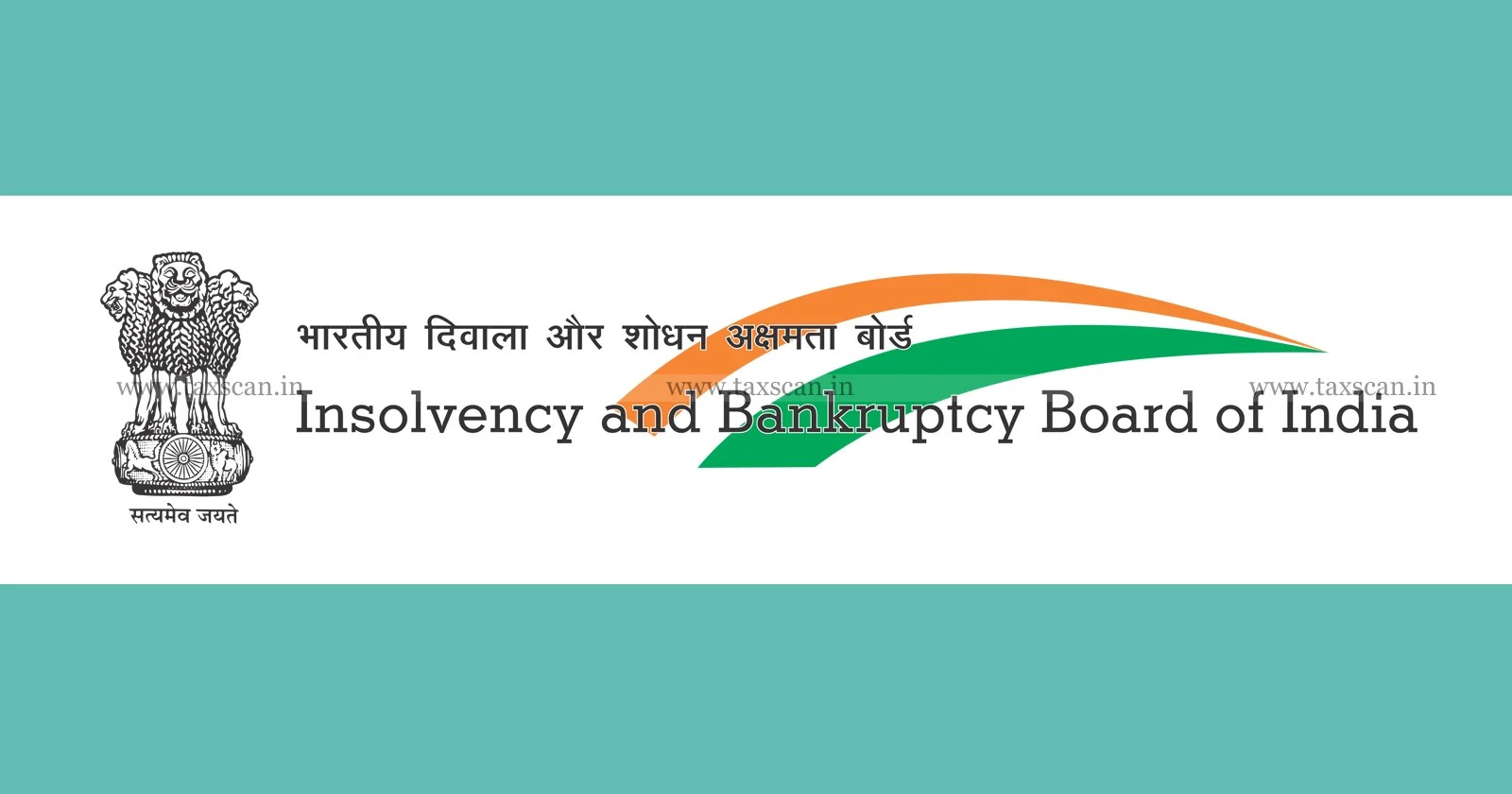IBBI Introduces New Regulation for Personal Guarantors Failing to Submit Repayment Plans
IBBI introduces Regulation 17B, requiring resolution professionals to report non-submission of repayment plans by personal guarantors and seek directions from the adjudicating authority.

IBBI Introduces New Regulation – Personal Guarantors Failing – Repayment Plans – taxscan
IBBI Introduces New Regulation – Personal Guarantors Failing – Repayment Plans – taxscan
The Insolvency and Bankruptcy Board of India (IBBI) issued a notification on 19th May 2025, introducing the Insolvency and Bankruptcy Board of India (Insolvency Resolution Process for Personal Guarantors to Corporate Debtors) (Amendment) Regulations, 2025. This amendment adds a new regulation, Regulation 17B, to the original 2019 framework.
Background
Under the IBC, personal guarantors to corporate debtors are subjected to a formal insolvency resolution process akin to corporate debtors themselves. A key component of this process is the preparation and submission of a repayment plan by the debtor to resolve outstanding obligations.
However, until now, the IBC regulations lacked a defined procedure to deal with cases where the debtor does not submit a repayment plan, potentially stalling proceedings and creating legal uncertainty.
Know the complete aspects of tax implications of succession, Click here
Key Provision: Regulation 17B – Non-submission of Repayment Plan
As per the new regulation:
- If the debtor fails to prepare and submit a repayment plan under Section 105 of the IBC,
- The Resolution Professional (RP) is now mandated to seek approval from creditors, and
- Thereafter, file an application before the Adjudicating Authority (AA),
- The application must formally notify the non-submission and request appropriate directions from the AA.
“17B. Non-submission of repayment plan
Where no repayment plan has been prepared by the debtor under section 105 of the Code, the resolution professional shall file an application, with the approval of creditors, before the Adjudicating Authority intimating the non-submission of a repayment plan and seek appropriate directions.”
This creates a clear and actionable path for resolution professionals to move the process forward when the debtor remains inactive.
Legal Authority: The regulation is introduced under the powers granted by Section 196(1)(t) and Section 240 of the IBC, 2016, read with Section 2(e) of the Code.
Complete Ready to Use PDFs of 200+ Agreements Click here
Objectives of the Amendment
- Avoid Stalemate: Ensures that the insolvency process does not stall due to the inaction of the personal guarantor.
- Empower Resolution Professionals: Provides RPs with the legal backing to report non-compliance and seek judicial directions.
- Clarify Procedural Ambiguity: Fills a crucial gap in the current regulatory framework concerning inactive debtors.
- Strengthen Judicial Oversight: Involves the Adjudicating Authority early in cases of non-compliance, allowing for quicker decisions on alternate courses of action, including potential liquidation or dismissal.
Support our journalism by subscribing to Taxscan premium. Follow us on Telegram for quick updates


